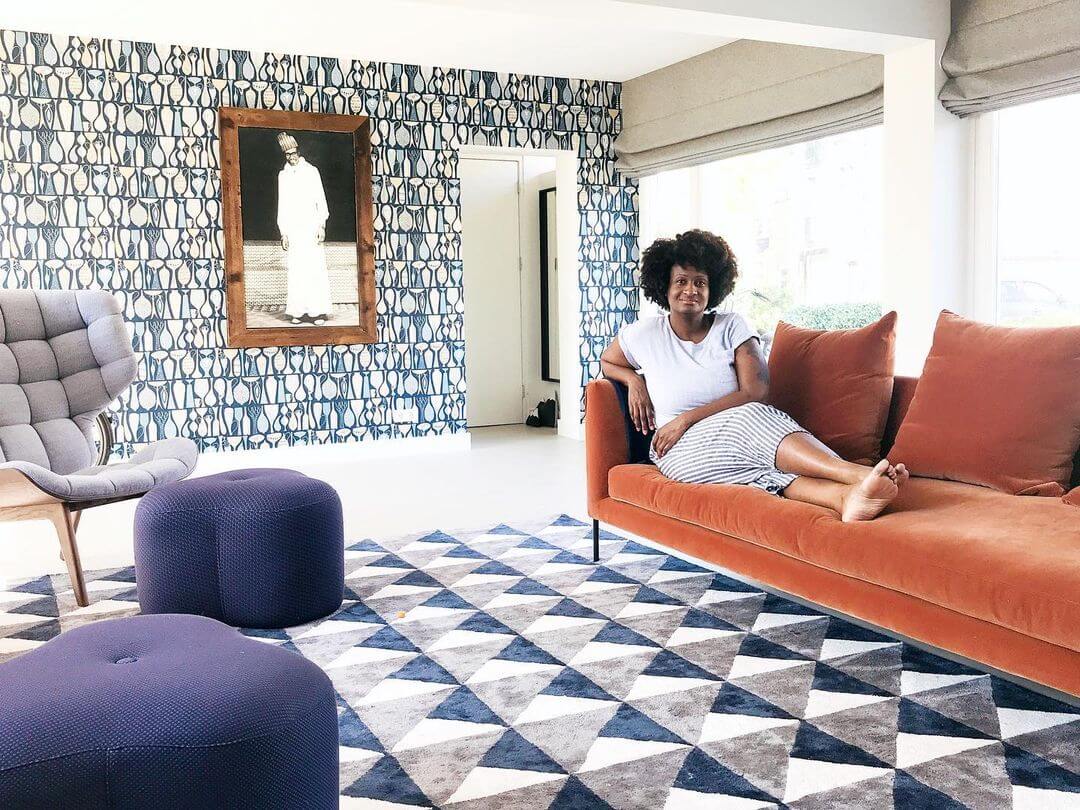How does someone go from teaching students with special needs to selling artificial intelligence systems to administrators?
Lindsey Frierson can tell you.
Lindsey is a full-time remote hustler based in Portland, OR, who helps educational institutions innovate their technology to improve student outcomes and experiences.
I got to chat with Lindsey recently about how she got started doing this type of work remotely.
It all began with education...
After graduating from the University of Southern California, Lindsey decided to give Teach For America a try. She began teaching students with special needs and learning, unfortunately, about how broken the American system of education is.
Not long after starting with Teach For America, Lindsey noticed a very specific problem these school systems were facing: even though the technology in the classrooms was being updated, the back of house systems and technology for the administrators and teachers was not. In fact, where Lindsey worked, the administrative systems were left over from the early 1990s.
Lindsey was unnerved by this revelation and began to take an interest in educational technology. She landed a job with a startup in the Bay Area working with “customer success,” where the customers were school districts she and her team worked to improve. But despite working for a startup, Lindsey wasn’t given much room to think outside of the box or come up with her own ideas.
A new vision
That’s when Lindsey was introduced to the company she works for now – a company working to solve the very types of problems that Lindsey had noticed while working with Teach For America. Lindsey soon found that this company had certain industry teams specifically designed to use their technology and resources to benefit non-profit and educational organizations, and she transitioned to work for them, instead.
Now, Lindsey and her team offer school systems the type of technology that will help organize their databases and improve their students’ experiences.
Some of the programs use artificial intelligence (AI) to help school administrators understand the bigger picture. For example, if an administrator, teacher, or counselor is looking at a student problem in the new system, AI can help them sort through all the information, organize it, compare it to information from previous years or previous students, and predict outcomes or even offer recommendations on how to handle a situation.
Of course, her customers sometimes meet a learning curve when they’re met with new administrative systems. In her time as a teacher, Lindsey met many teachers fed up with having to learn new intake systems and organization programs every year. So Lindsey understands that administrators sometimes feel hesitant about taking that leap.
As a Solution Engineer, Lindsey meets customers in the middle of that sales process. She works on understanding the dynamics of each educational organization her team is targeting and what they’re looking for. That way, Lindsey and her team can know which new technological system would best fit their customer’s needs and help them implement it.
The transition to working remotely
After a little over a year, Lindsey received a promotion to work in the position she has now. Her original team members were all based in their San Francisco office, but most of her new team members worked remotely from all over the U.S.
Lindsey herself dreamed of living in and working from Portland, but she was nervous. (She told me she even wrote down everything she wanted to say before she met with him.) And finally she worked up the courage to ask her boss if she, too, could work remotely. But when she proposed the idea, her boss didn’t even hesitate! So Lindsey packed her bags and headed to Portland.
Her first few months in Portland were somewhat difficult. She was dealing with a big move, wedding preparations (!!!), and a work transition. On top of that, Lindsey found herself missing the social connection of meeting people in a work environment every day.
Then about a year ago, she joined an all-female coworking space and began working there regularly, regaining that sense of community.
These days, Lindsey spends a lot of her time traveling for work, so she often just works from home when she can. But she stresses that finding some type of community (or even an excuse to get out of the house) is vital to her process of working remotely.
Lindsey tells me that she never thought she would find herself in a tech job like the one she has now. Even though she was a straight A student in school, she was never encouraged to pursue STEM, feeling the stress and strain of society at large believing that STEM was “for boys.” She never considered herself a “science” person, but she couldn’t be happier she found out how wrong society was.
Her position has a lot of perks – including free trips for top performers and, of course, the ability to work remotely – but more than anything else, Lindsey says that she thrives because her job has purpose. She is helping people solve a problem and improving the experiences for both administrators and students, and she loves it.
Remote Hustle-style recommendations
I asked Lindsey what tips she would offer someone looking to start working remotely.
Here’s what she said:
1. Do Your Research:
If you’re hoping to work remotely for a company or a new team within your company, do some research on the company or team and the company culture. Do many people on the team work remotely? Are team members supportive of one another? You want to work with a team that allows you to think outside the box, has a good sense of community, and cherishes you as a valuable asset.
2. Know Your Social and Emotional Needs:
Are you extroverted or introverted? What will you need to work remotely? Will you miss the routine and the structure? Or perhaps you’ll miss the social time? You don’t know what you don’t know until you take the leap, but prepared to help yourself figure out how you will get what you need.
3. Be Kind to Yourself:
Allow yourself to look for what you want and need. My success has been a combination of research and luck, but I had to be OK with going against convention. So be open to what you want and open to what opportunities are out there.
Thanks, Lindsey!
If you haven’t already, Sign up for our weekly emails for more useful tips and tricks to help you hustle SMARTER, not HARDER.





